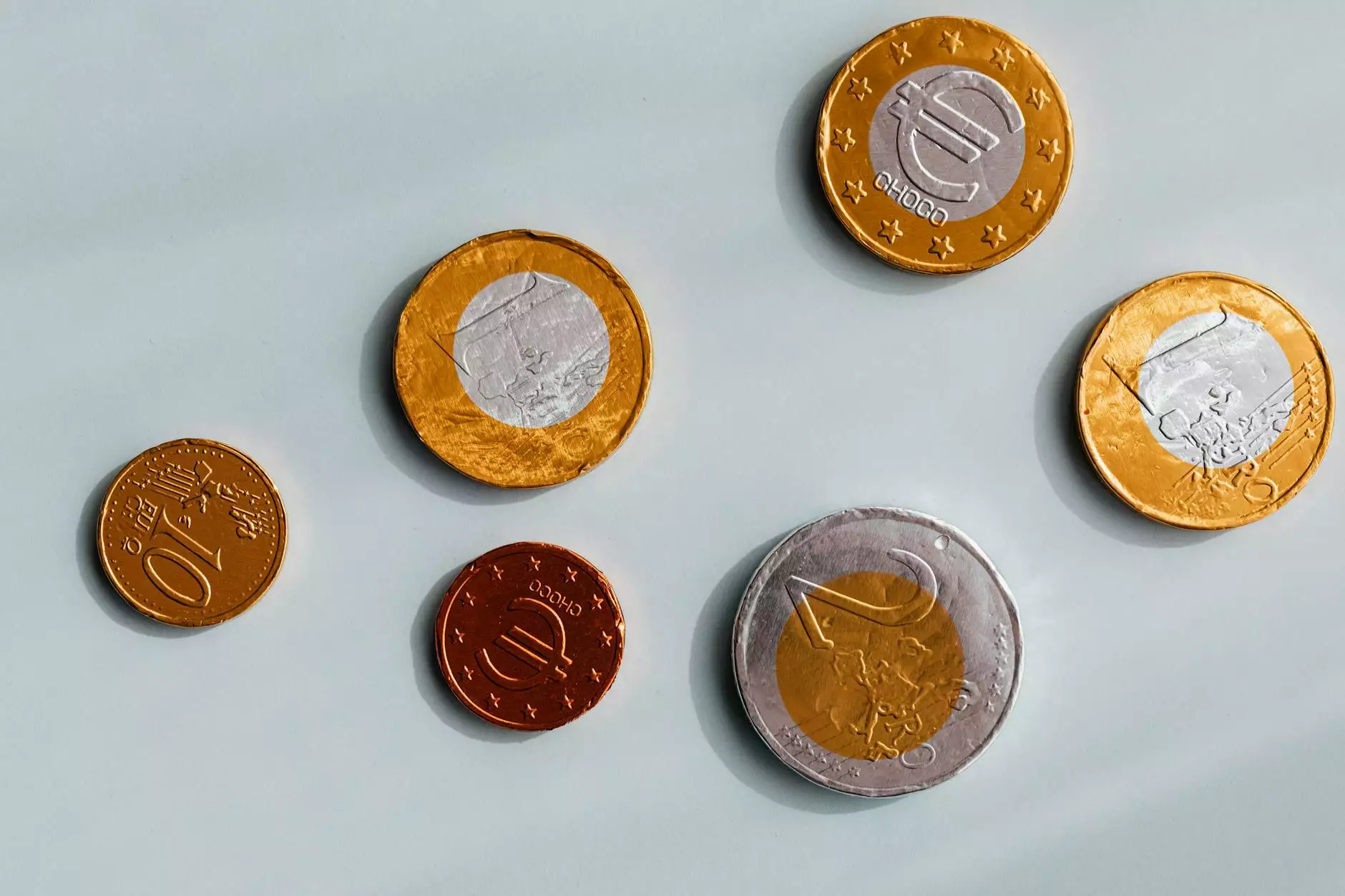What Is An Earnest Money Deposit?
Blog
Welcome to So Cal Properties, your trusted source for valuable insights into the world of real estate. In this article, we will explore the concept of earnest money deposits and their significance in real estate transactions.
Understanding Earnest Money Deposits
An earnest money deposit, also known as a good faith deposit, is a monetary amount offered by a buyer to show their seriousness and commitment to purchasing a property. It serves as a guarantee that the buyer will proceed with the transaction in good faith. The deposit is typically held in an escrow account until the closing of the deal.
Why Are Earnest Money Deposits Important?
Earnest money deposits play a crucial role in real estate transactions as they protect the interests of both buyers and sellers. For buyers, making an earnest money deposit demonstrates their financial capability and seriousness, making their offer more compelling to sellers. On the other hand, sellers benefit from earnest money deposits as they provide a level of security in case the buyer fails to fulfill their obligations specified in the purchase agreement.
The amount of earnest money deposit required varies based on several factors such as the local market conditions, the purchase price of the property, and the specific terms negotiated between the parties involved. Generally, the deposit is a percentage of the purchase price and is typically held in an escrow account managed by a neutral third-party.
The Role of Earnest Money Deposits in Real Estate Transactions
Earnest money deposits serve multiple purposes throughout the real estate transaction process. Firstly, they demonstrate the buyer's seriousness about the purchase. By providing a significant deposit, buyers show their commitment to acquiring the property and their willingness to invest financially in the transaction.
In addition, earnest money deposits help to ensure a smoother and more secure transaction for both parties involved. When a seller accepts an offer, they typically take the property off the market, which may result in missed potential buyers. The earnest money deposit acts as compensation for the seller in case the buyer backs out of the deal without a valid reason.
Protecting Earnest Money Deposits
Buyers and sellers should take necessary steps to protect earnest money deposits during the process. Here are some key measures to keep in mind:
1. Review the Purchase Agreement
Before entering into a real estate transaction, it is essential for both parties to thoroughly review the purchase agreement and understand the specific terms related to earnest money deposits. This includes details on when the deposit is due, the conditions under which it may be forfeited, and how the funds will be handled in case of a canceled or completed transaction.
2. Work with a Trusted Real Estate Agent and Attorney
Engaging the services of a knowledgeable and experienced real estate agent and attorney can help ensure that your interests are protected throughout the transaction. They can guide you through the intricacies of earnest money deposits and the necessary steps to safeguard your funds.
3. Follow the Deadlines and Obligations
Both buyers and sellers must adhere to the agreed-upon deadlines and obligations as outlined in the purchase agreement. This includes timely deposit submissions, completion of necessary inspections, and fulfilling any other conditions specified in the contract.
4. Understand Contingencies
Contingencies are conditions that must be met for the real estate transaction to proceed. These contingencies can impact the outcome of earnest money deposits. Buyers and sellers should have a clear understanding of the contingencies outlined in the purchase agreement and how they can influence the earnest money deposit.
Conclusion
In conclusion, earnest money deposits are an important aspect of real estate transactions. They provide assurance to both buyers and sellers, demonstrating the buyer's commitment and protecting the seller's interests. By understanding the role of earnest money deposits and taking the necessary steps to protect them, buyers and sellers can navigate the process with confidence and ensure a successful transaction.









